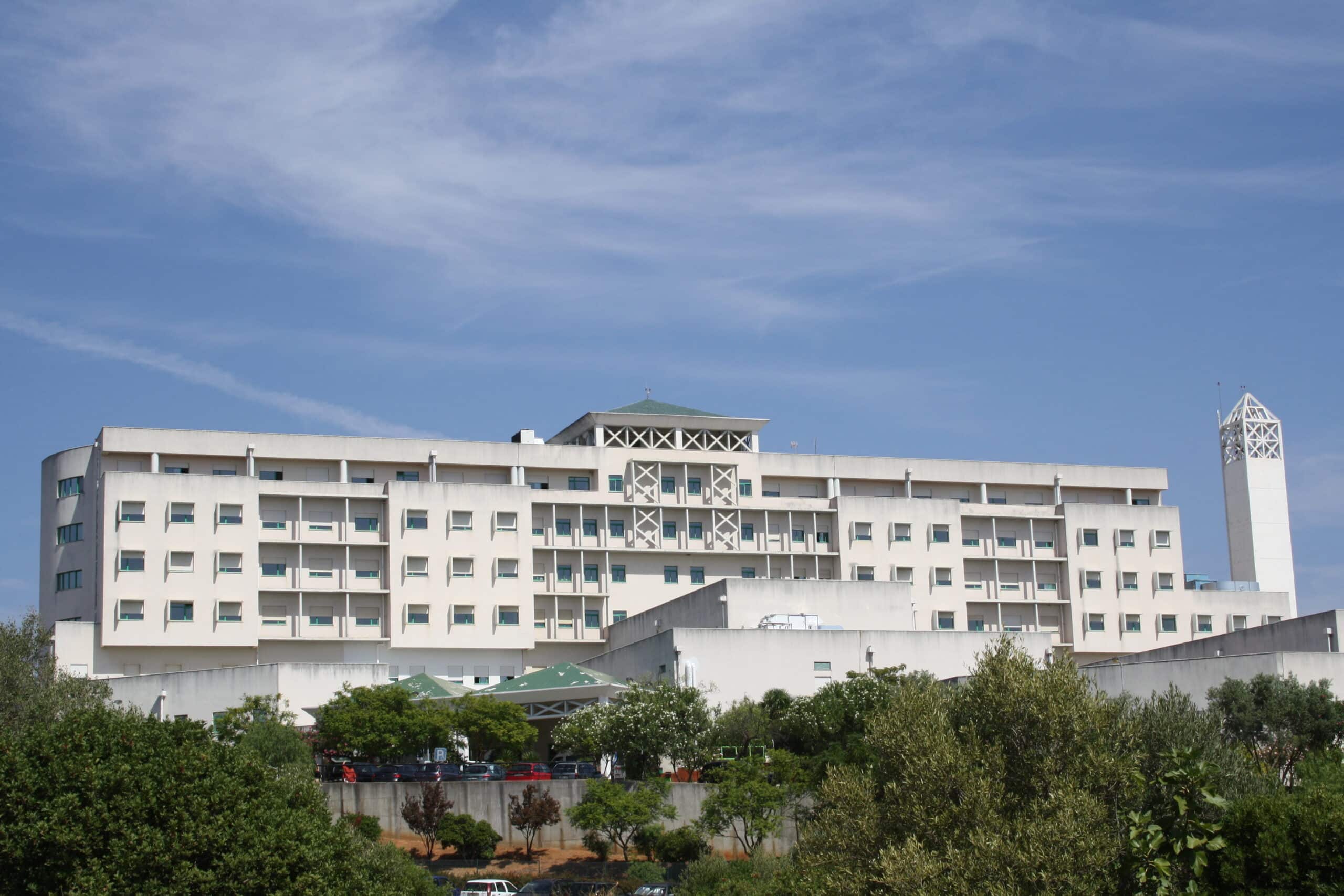Surgeries were postponed in Algarve to avoid overcrowding and free up beds during period of heightened pressure on A&E services
Around 20 non-urgent surgeries have been postponed this week at Algarve public hospitals, according to Tiago Botelho, president of the Algarve Local Health Unit (ULS).
The measure, introduced as a precaution, aims to free up hospital beds during a period of heightened pressure on emergency services.
“These are non-urgent surgeries for patients who may require post-operative hospitalisation and would need to occupy beds” at a time when emergency services are busier than usual, explained Botelho.
The decision to delay and reschedule elective surgeries was made last Friday to ensure sufficient inpatient capacity in the region’s hospitals.
“This reprogramming helps alleviate strain on wards and allows us to accommodate patients originating from emergency services,” Botelho told Lusa news agency.
He clarified that urgent, outpatient, and particularly critical surgeries are unaffected and continue to be performed as scheduled.
To address the situation, hospitals in the Algarve have increased their inpatient capacity with 51 additional beds, which has led to optimism about resuming postponed surgeries soon.
“There is no indication that we’ll need to maintain the postponement of surgical activities for much longer,” Botelho noted.
He stressed that the impact on patients has been minimised through constant daily evaluations of the situation, enabling some surgeries to proceed despite the adjustments.
The ULS boss added that the measure was purely preventive, designed to “avoid overcrowding and to safeguard hospital services” during a period marked by “worsening weather conditions and increased demand in emergency departments.”
The postponement was part of a pre-designed contingency plan for this time of year, which was activated to ensure adequate inpatient capacity and maintain safety margins.
“The hospitals’ response has been positive, allowing for an individualised review of cases and ensuring that many planned procedures could still go ahead,” said Botelho. He added that the situation is being closely monitored to provide the best possible care to the population.




















